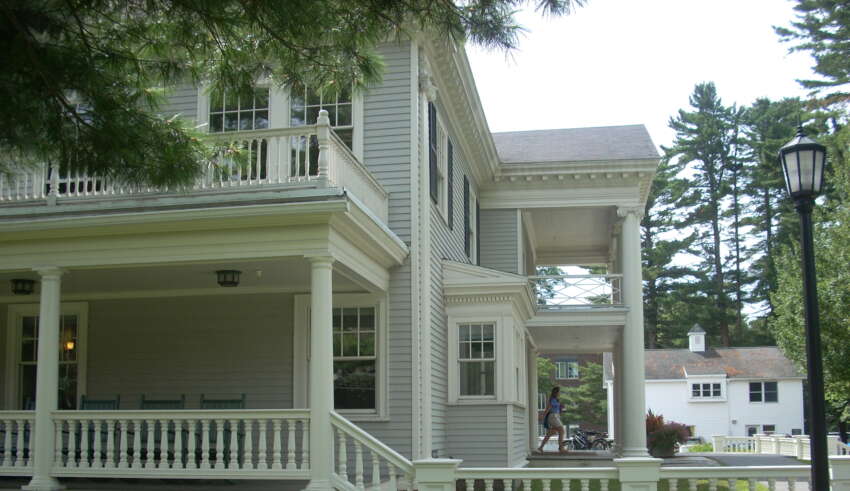
This term, “habits of the heart” (which I briefly introduced in the first essay in this series) was used more recently (Bellah and others, 1985) by Robert Bellah and his sociological colleagues in their own examination of American communities. I will be relying on both de Tocqueville and Bellah in seeking to better appreciate America’s unique culture. I will be using several criteria offered by De Tocqueville to judge the quality of American life, and specifically the quality of life and labor among those working in the New England Mills and Harvey restaurants. I will frequently turn to Bellah’s more contemporary observations and conclusions.
We will first offer de Tocqueville’s criteria. What conditions seemed to reside at the heart of American communities (and American democracy) in 1831? When did these communities operate in a manner that enhanced democracy and ensured maintenance of community-oriented “habits of the heart”? According to de Tocqueville, these democracy-enhancing conditions are:
- Equality of opportunity, knowledge, and status exists in the community.
- Settings exist in the community for vivid and sustained dialogue.
- Shared interests and reasons for mutual support are to be found in the community.
- Civic associations (non-government community-oriented institutions) are prevalent in the community.
- Emphasis is placed on useful action within the community.
- Emphasis is placed on experience-based action within the community.
- Abiding belief is to be found in the community regarding human progress and a sense of greater purpose in life.
The first four conditions might be identified as “habits of the collective heart”, while the last three could be clustered together as “habits of the personal heart.”
While we are about to consider how these conditions played out in the communities of New England and the American West, it seems appropriate and timely to pause and reflect on the communities in which many of us now live (and to which we turn in the final section of this book). Are de Tocqueville’s conditions still to be found in American communities? Given the deep polarization that seems to exist now in American society, can there still be habits of the collective and personal heart such as those de Tocqueville identified and celebrated more than 180 years ago? Are any conditions of collective, community-based Worth tenuous at the present time?
With American citizens living and working in isolation from one another, how do they effectively address the diverse and critical challenges of their 21st-century communities? Ranging from the pollution of local estuaries to a decline in the local economy. Ranging from the absence of affordable housing and affordable theater to the health care demands of a graying population? Can American democracy somehow survive in our contemporary communities (let alone our contemporary state and national government)? Are we able to rebuild a community-based bridge between Personal and Collective Worth?








